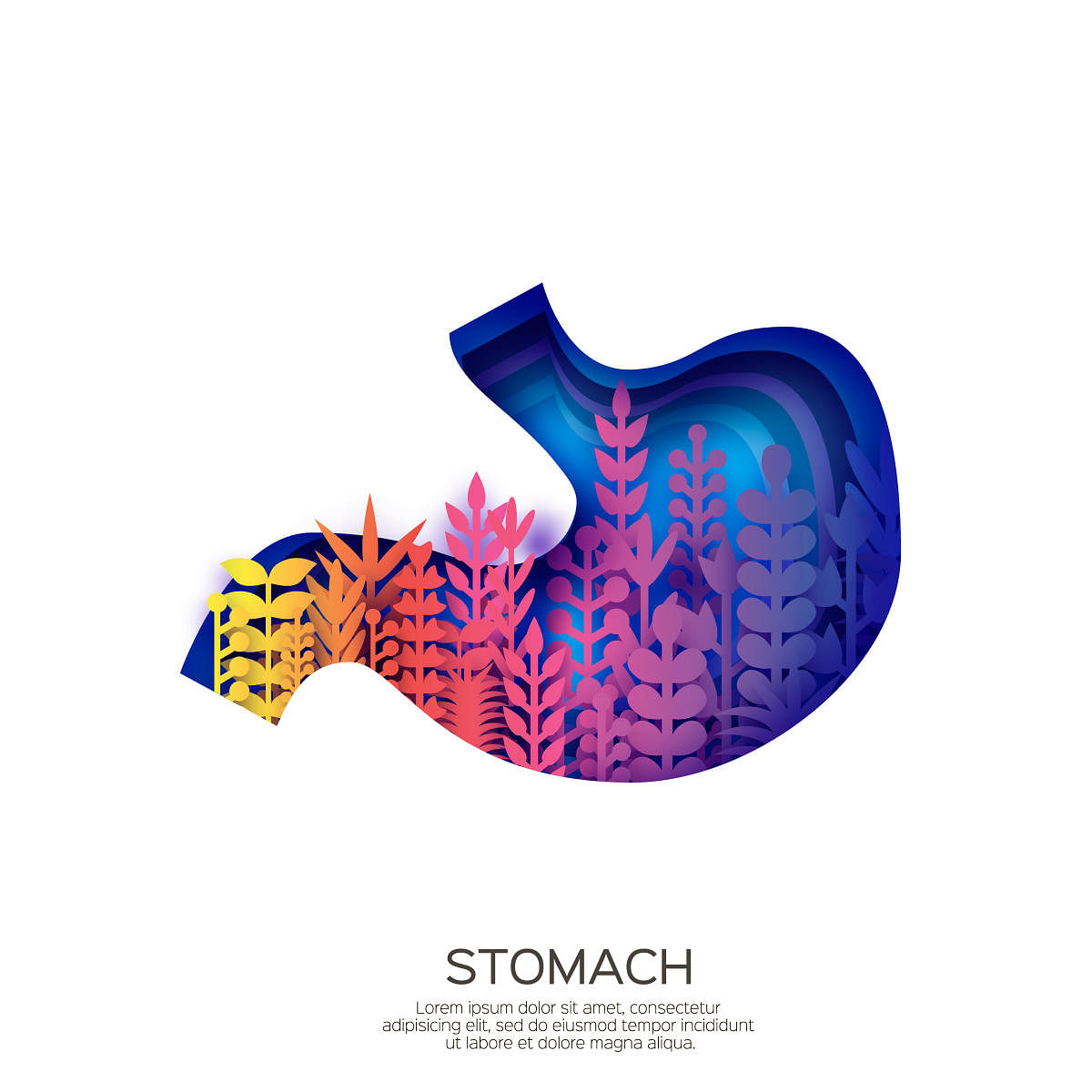
The first thousand days of a child’s life are known to lay the foundation for the kid’s future health. During this crucial stage, the toddler’s gastrointestinal tract endures speedy growth and development, encompassing the formation of the gut microbiota. This comprises the establishment of the gastrointestinal tract by a vast array of microorganisms, along with an estimated hundred trillion bacteria.
The configuration of the gut microbiota alters over time in response to the baby’s exterior environment and nourishment. The preliminary microbes to colonise the gut after birth are bacteria such as E Coli and Streptococci sp. This is followed by, Staphylococcus, Enterococcus, and Lactobacillus-like species that tend to take over. By around the first week of age, Bifidobacterium is the overriding species in infants being breastfed. The main driver of modification is the introduction of weaning. By introducing solids to the baby, the gut is occupied with a mounting number and variety of microorganisms until, around three years of age, the microbiota has steadied and bears a resemblance to that of an adult.
Building immunity
While the microbiota is growing in the gut, the infant’s immune system also tends to advance post-birth. The immune system is a complex network of specific organs, cells, tissues, proteins, and other substances whose job is to safeguard the body from pathogens. This progress is very crucial as infants tend to move from a sheltered environment in the mother’s womb to one where the immune system is responsible to act, acclimatise, and be strong.
Gut, the biggest immune organ
Around 70-80 percent of the immune cells are positioned in the gut — explicitly,
within the internal lining of the intestines, in a single layer of cells termed as the
epithelium. Since the intestines are long, and the lining is extremely folded, the gut epithelium signifies the body’s largest and most vital interface with the external world. By hosting the majority of the body’s immune cells and tissues, the gut epithelium is part of the primary line of defence against any damaging substances.
(The author is founder& director, Docterz)